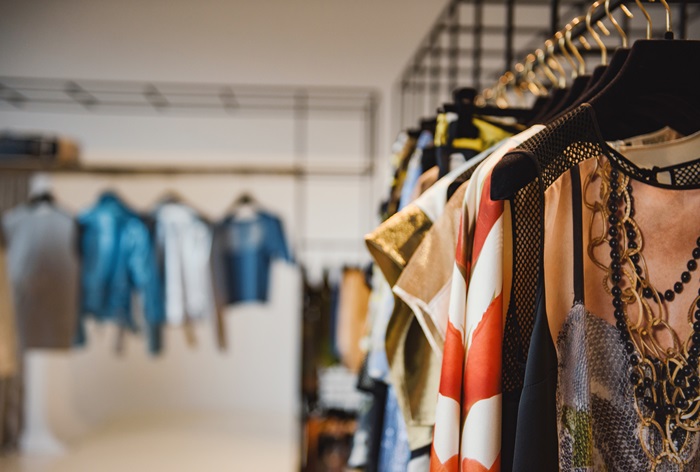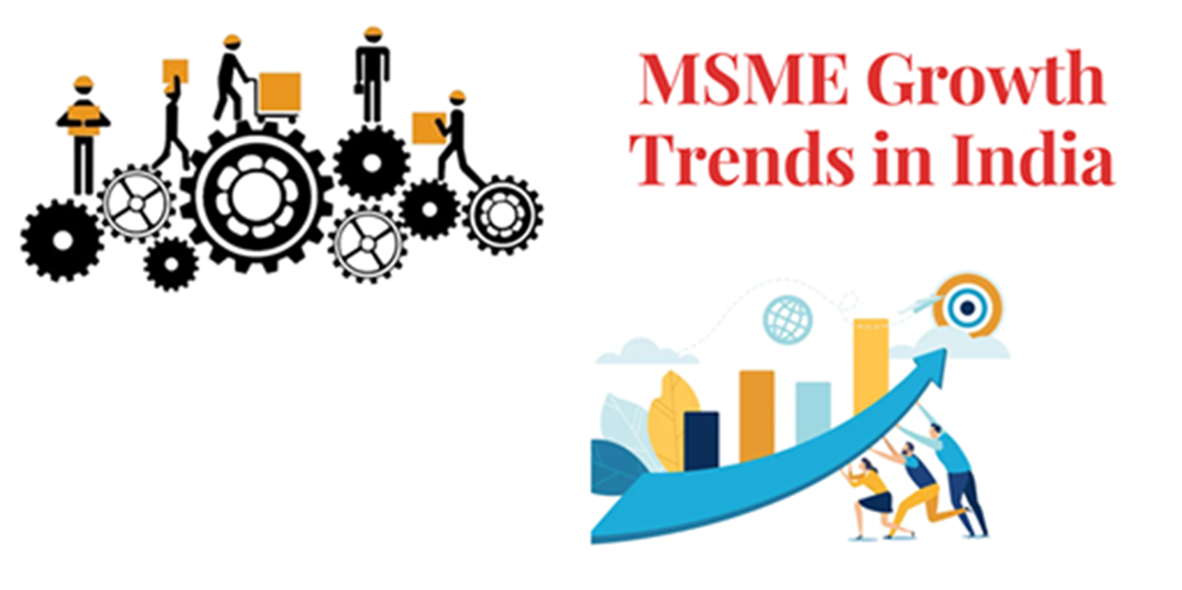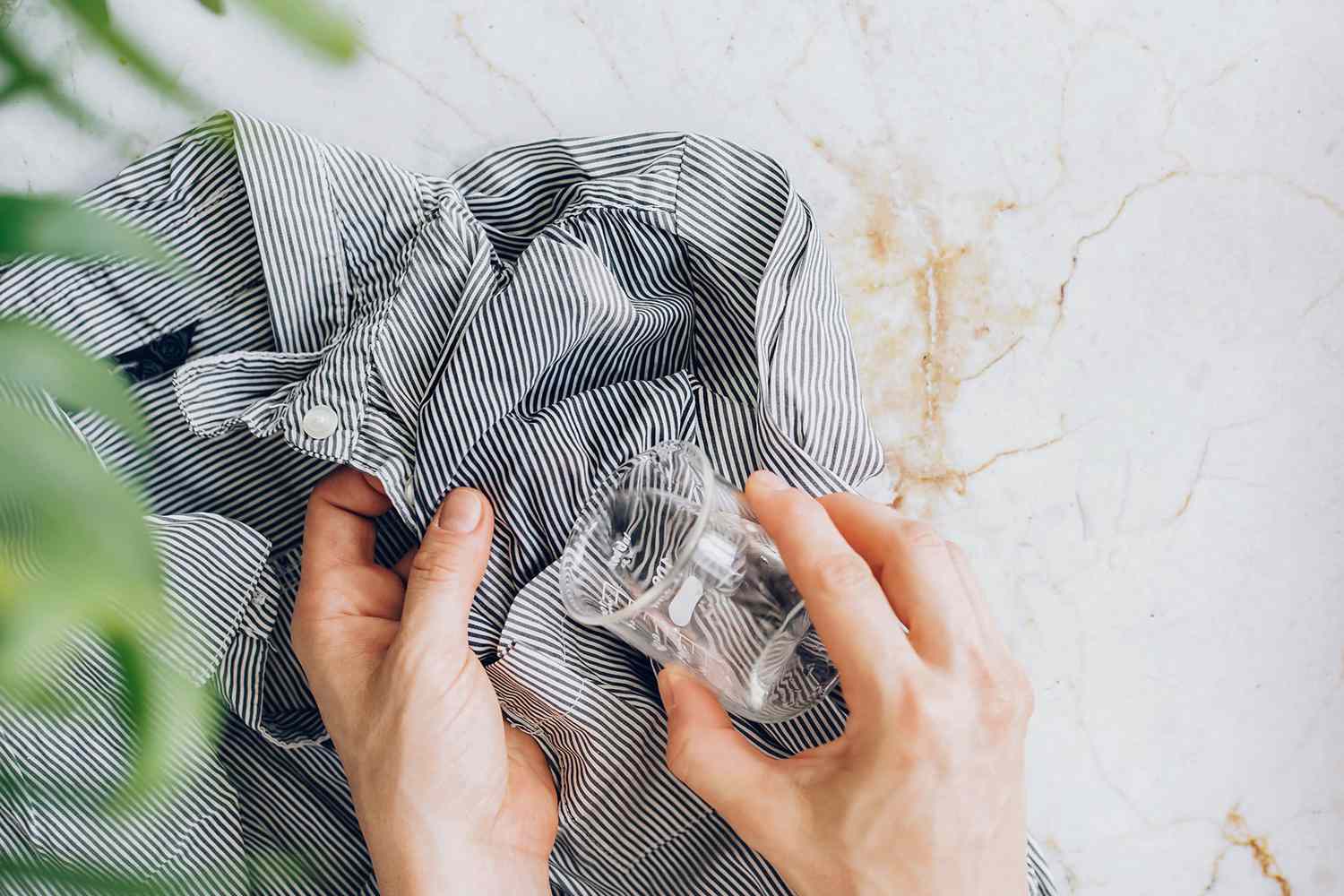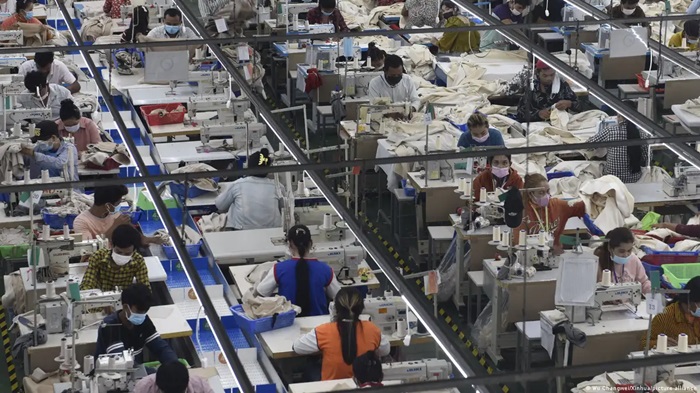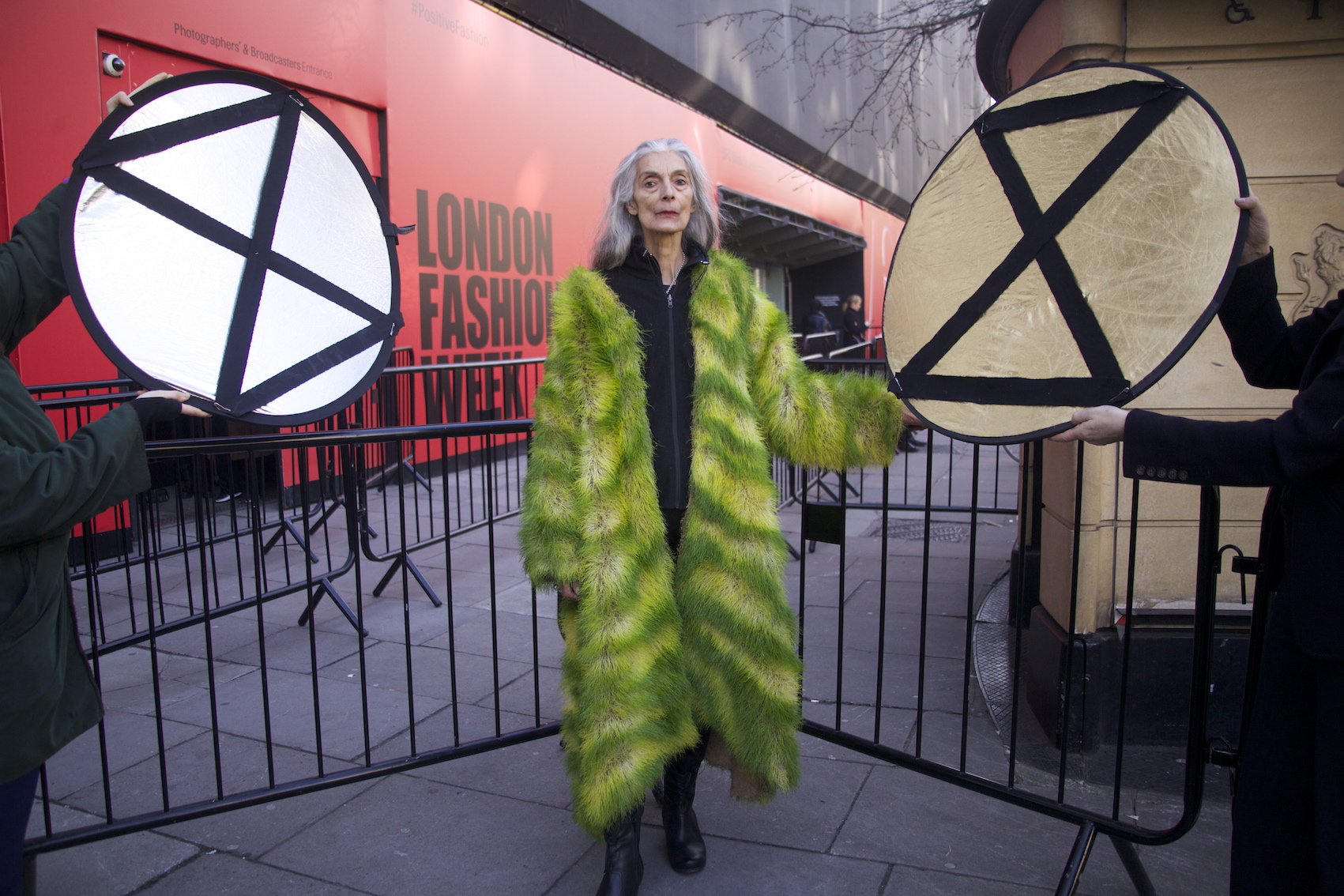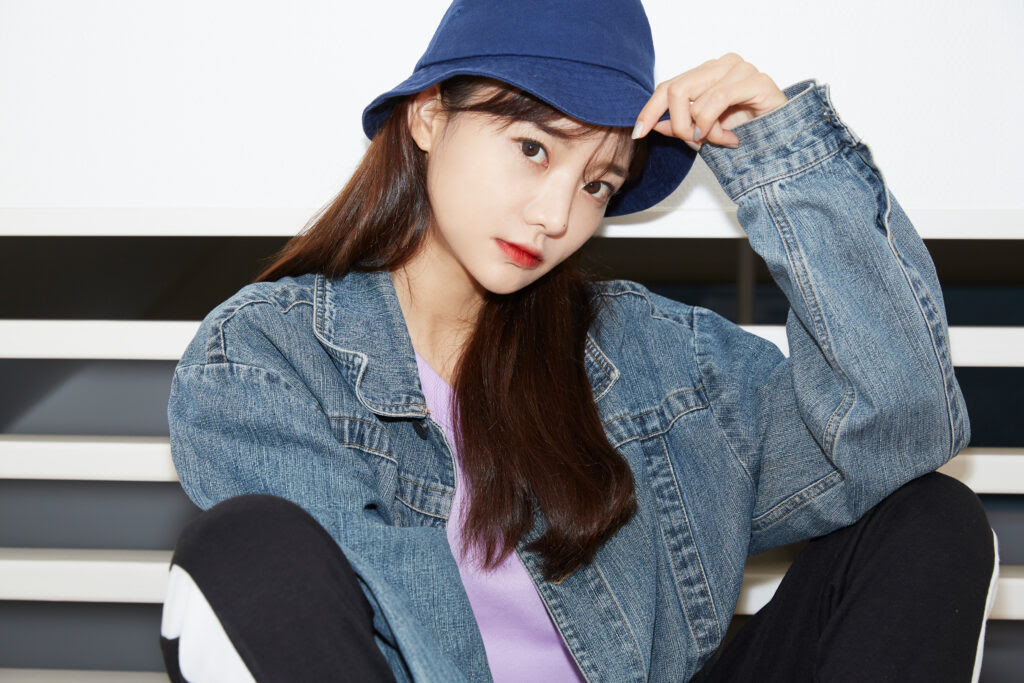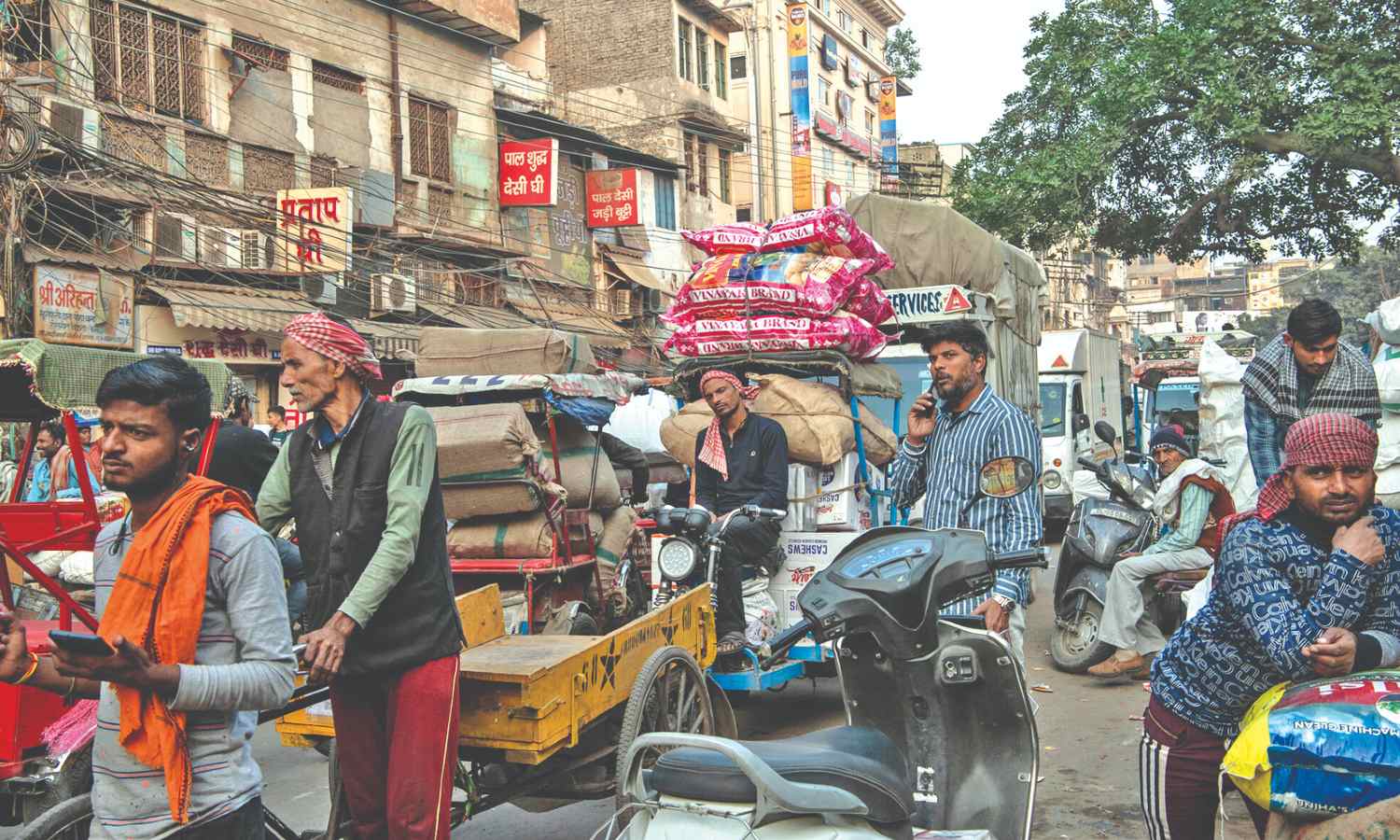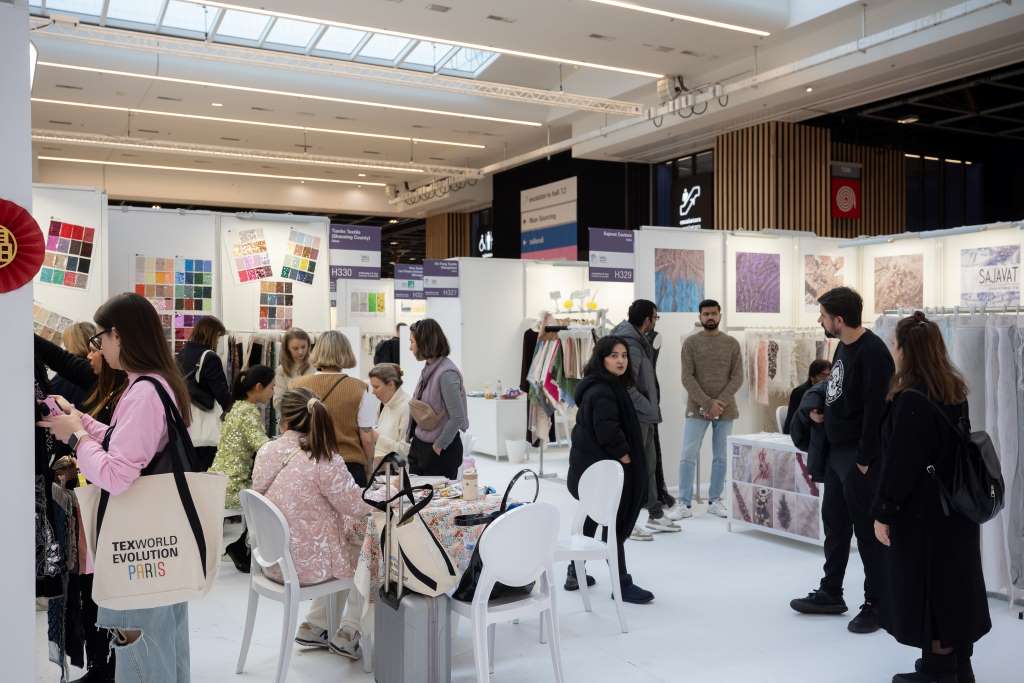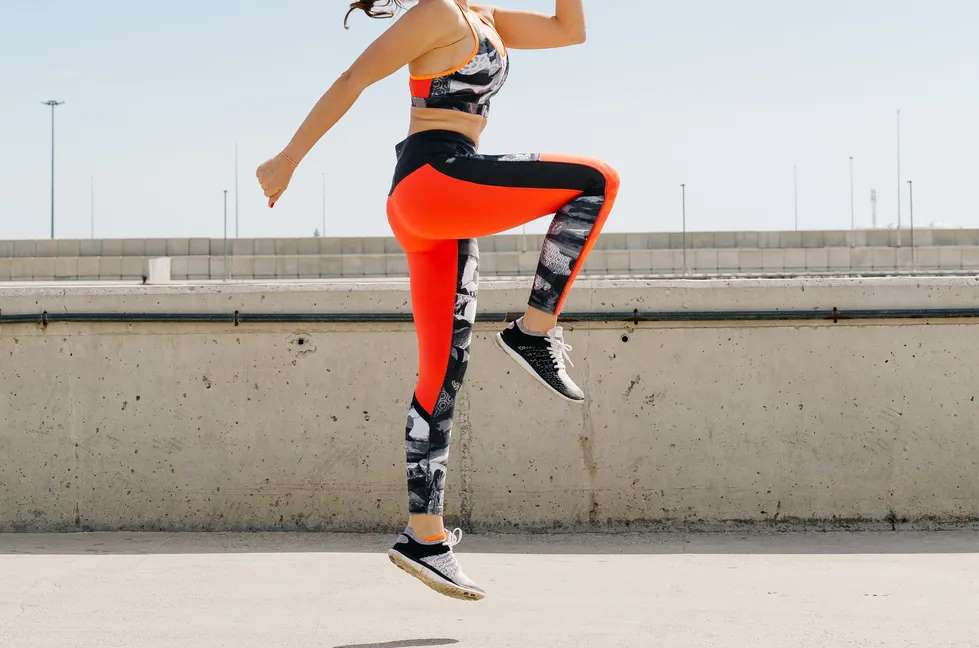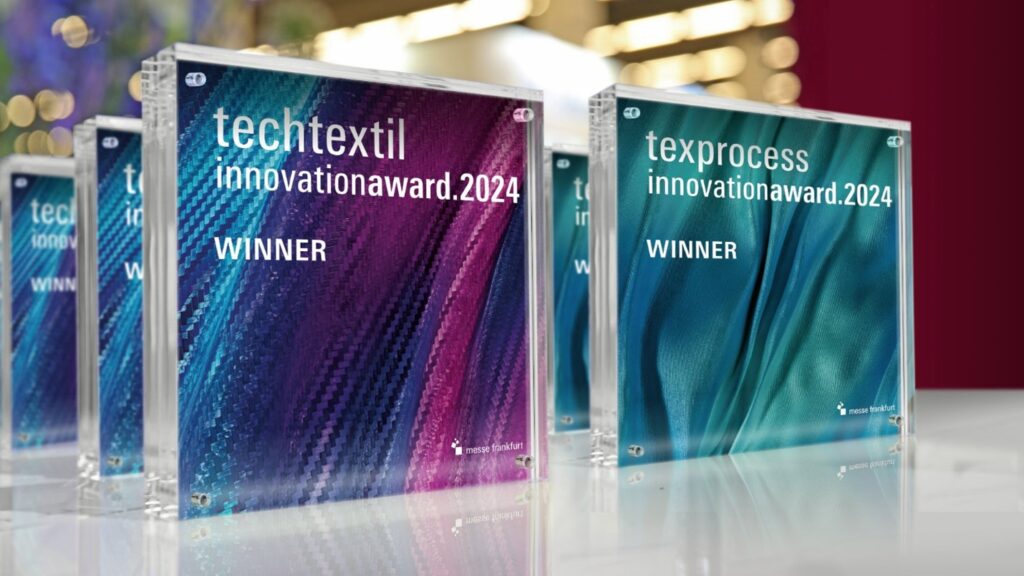FW
Three years after acting as Creative Director at the Parisian design house, Christian Dior, Raf Simons resigned for ‘personal reasons’ as stated by him. Sidney Toledano, CEO of the brand made an official announcement recently confirming Simons’ departure. However, rumours of him leaving the brand have been rife for some time now. Toledano said that Simons would not be renewing his contract with Christian Dior and thanked him ‘very warmly’ for his contribution to the brand.
Simons, on the other hand, in a statement thanked figureheads within LVMH and referred to Dior as ‘extraordinary’. He said that it was a decision entirely based and equally on his desire to focus on other interests in his life, which included his own brand and other passions. He added that Christian Dior as an extraordinary company, and it was an immense privilege to write a few pages of this magnificent book. Simons thanked Bernard Arnault for his trust in Simons and for giving him the incredible opportunity to work at this beautiful house amidst an amazing team.
Moreover, Simons felt heartened that he has an opportunity through the years to benefit from the leadership of Sidney Toledano and said that his thoughtful, heartfelt and inspired management would also remain as one of the most important experiences of his professional career.
IndustriALL Global Union and Umicore’s agreement on Sustainable Development was renewed by both recently. The agreement is for a period of four years and covers human rights (including collective bargaining and equal opportunities), safe and healthy working conditions, and environmental considerations.
IndustriALL, founded in 2012, brings together affiliates of the former global union federations—International Metalworkers‘ Federation (IMF), International Federation of Chemical, Energy, Mine and General Workers‘ Unions (ICEM) and International Textiles Garment and Leather Workers‘ Federation (ITGLWF). 50 million workers in 140 countries in the mining, energy and manufacturing sectors are represented by IndustriALL Global Union.
To ensure successful implementation of the agreement, all parties have undertaken to pursue the process of constructive dialogue they initiated in 2007. Marc Grynberg, Chief Executive Officer, Umicore says the agreement reaffirmed their commitment towards sustainability in which engagement of all Umicore employees is key. Their dialogue with IndustriALL plays an important role in their quest to be a frontrunner in all aspects of sustainability, he added.
Secretary General of IndustriALL Global Union Jyrki Raina stated that IndustriALL Global Union was pleased with their eight-year experience in the context of this global agreement and that they looked forward to it continuing in the coming years. Raina said that all sites of Umicore they visit, they find the same level of commitment to sustainability that they obtained from the company headquarters in Brussels.
A Denim Expo will be held in Bangladesh, November 11 and 12, 2015. Hundreds of retailers, fashion designers, and denim fabric makers are expected to attend.
A total of 41 companies will showcase their products at the exposition, up from the previous edition’s 25. Participants are from countries such as China, India, Pakistan, the US, Turkey, Singapore, Thailand, South Korea, Japan and Germany.
One of the reasons for Bangladesh’s rising popularity as a source for denim products is that China, the world’s largest denim supplier, has become expensive for its higher costs of production.
Bangladesh’s exports of denim products to Europe between January and June were up 23 per cent year-on-year. About 20 per cent of Bangladesh's denim exports go to the US and 80 per cent to European markets. Bangladesh is the third largest denim exporter to the US, after Mexico and China.
The country’s denim makers have also started shipping to some new destinations: China, India, Malaysia, Thailand, Japan and Russia. Among the global players in the denim market, Bangladesh stands behind China, the US, Italy and some Latin American countries.
Bangladesh supplies denim products to retailers such as H&M, Uniqlo, Levi's, Nike, Tesco and Wrangler. There are some 30 mills in Bangladesh producing 21 million yards of denim fabrics a month.
www.bangladeshdenimexpo.com
India has imposed an anti-dumping duty on imports of various items including fiber boards, front axle beams, steering knuckles meant for heavy and medium commercial vehicles, and fully drawn or fully oriented yarn or flat polyester yarn. With the anti dumping duty on polyester yarn, the basic raw material for the manmade fiber sector, weavers in the powerloom sector have to heavily depend on domestic manufacturers.
Yarns and fibers, including nylon filament yarn, polyester filament yarn, polyester yarn, viscose filament yarn, manufactured in China are 20 per cent cheaper than the ones manufactured by domestic players. Following the imposition of the anti-dumping duty, domestic manufacturers of yarns and fibers have got a free hand to increase prices, especially when the demand increases from the local market. Domestic spinners take advantage of the anti-dumping duty since import of yarn from China and other countries becomes a costly affair. They want to earn as much profit as possible from weavers.
One reason for the anti-dumping duty on imports of yarn is to guard the domestic market from being flooded by cheap Chinese raw material used in the textile sector. The anti-dumping duty means that the cost of the product in the entire polyester value chain will go up, making exports uncompetitive.
The Welspun Group with interest in home textiles, oil and gas, pipes and green energy posted a revenue of $3 billion in the year ending March 2015. One-third of this came from the home textile business. elspun India is the single largest organised supplier of home textiles in the US market, having an eight per cent market share. It has a 25 per cent market share in large diameter pipes in the US market.
In the solar energy business, the group will have an installed capacity of 1,300 MW by June next and 2,000 MW by March 2017. The company has already invested Rs 3,000 crores into the energy business, including Rs 500 crores of equity. By 2020, the group has set a target of $5 billion in revenue. The idea is to get half of this from home textiles business that currently chips in with one-third.
Welspun has its largest plant in Anjar with a capacity of nearly 1.5 million tons and a 0.35 million ton manufacturing facility at Little Rock, Arkansas, US, which also happens to be the largest employer in the manufacturing sector in the city, employing 900 people.
www.welspunindia.com/
At the upcoming Mare Di Moda exhibition to be held in Cannes next month, Italian knitted fabrics producer Eurojersey, will present the Sensitive Fabrics swimwear collection for Summer-2017.
The collection is influenced by earth’s colours, as seen from space, with its thousands vibrations and different shades. The colour palette reflects nature—it includes the cold and iridescent sea colours with foaming waves, sunset colours where the sea and sky merge, warm, darkened earthly tones, and bright, energetic floral and fruit colours. Exciting colourful scenarios enhance on new patterns, printed with three-dimensional effects and meticulous details.
The five different themes are Space-Earth, Surf, Savana, Aloe, and Gardenin. Tone-on-tone effects are reproduced by the innovative Eco-Print and contrasts using a pigment to create the design on the fabric. Besides, it reproduces 3D printing that creates textures and weaves creating an amazing visual and relief effect.
The Space-Earth theme comprises of cool colours of blue and turquoise, while watercolour shades, stippled and tie-dye effects, is the theme of Surf—where the environment is full of the riders’ energy and passion.
The Savana’s theme, on the other hand uses the cosmic gaze, which focusses on territories and surfaces and reveals unexpected geometries. And Aloe is healing, so the theme implies the same, emphasising this healing of colour and its relaxing and enveloping atmosphere, while flowers and fruit explode in all their wonder and splendour in gardening.
www.sensitivefabrics.it
Several innovative solutions will be introduced by Bracker at ITMA trade fair for textile machinery to be held in Milan next month. Bräcker is the leading specialist for key components for ring spinning machines.
STARLETplus traveller is one of Bracker’s important innovations, which will be introduced at the exhibition. Also, BERKOL supergrinder with integrated Berkolizing unit (UV-treatment) for automatic grinding of ring, roving and air spinning top rollers is another innovation that will presented.
Bräcker will present others products as well— TITAN and ORBIT spinning rings, PYRIT and ZIRKON travellers, cost saving maintenance tools, and the well-known range of BERKOL cots and aprons.
The STARLETplus is said to offer additional benefits in challenging conditions such as high humidity or aggressive fibres—the traveller service life can be prolonged by up to 50 percent and due to its improved coating, the new traveller shows a better resistance against corrosion. Thus, the advantage is lower maintenance costs in the spinning mill and the new traveller is suitable for the entire yarn count range.
The BERKOL supergrinder is a modular machine that would improve the grinding capacity by more than 50 percent compared to the previous version. It boasts of a grinding capacity of up to 350 top rollers per hour and offers a storage capacity of 450 top rollers with 32 mm diameter. Besides, the power consumption is reduced by 10 percent and the machine ahs a touch panel for easy operation.
www.bracker.ch
A Trend and Technology Day of the Performance Days event will explore latest innovations and trends in sustainability. This starts off with highlights of the Performance Forum as part of Ulrike Arlt’s Functional Fabric Trends presentation and complemented by Nora Kühner’s Colour Trend presentation.
Many presentations and networking opportunities will be a part of the first day of the Performance Days, to be held on November 3 and 4 this year in Munich. Ulrike Arlt will start the day will the fabric presentation, informing about the latest performance trends in functional fabrics for the sports garment business and all novelties for winter 2017/18 along with giving an update of summer 2017 collections.
Nora Kühner, an experienced freelance fashion designer, will make a trend presentation giving detailed insight into the new seasons’ colour inspirations, with hints on fabric textures, surfaces, finishes, and graphics.
Sustainability will be the focus of the day and the highlight will be Sophie Bramel’s panel discussion with JRC Reflex, Regine IQtrim, 3M and Safe Reflections. They will discuss about the technology behind retro-reflection and what new developments may change the way these smart, light-catching materials are used.
The influence of sustainability on innovation will be discussed by Philipp Skal, Head of Global Sustainable Branding Solutions of Avery Dennison. There will be a technical presentation on innovative protection in apparel by Angela Walters, Brand Manager of XRD Impact Protection Technologies, while Peter Sjösten, Vice-President, Polygiene, will explore ways how the textile supply chain and the brands can reduce human footprint in washing and drying.
Rounding off, Hubertus Drinkuth, Managing Director of Systain Consulting will give a presentation on The Federal Ministry's Plans for the Textile Industry, where he will speak about Textiles Partnership, its objectives and goals.
www.performancedays.eu
Pakistan’s textile exports have dropped 14 per cent compared to last year. Pakistan is the eighth largest exporter of textiles in Asia. This sector contributes 9.5 per cent to GDP and provides employment to about 15 million people. The country is the fourth largest producer of cotton, with the third largest spinning capacity in Asia after China and India, and contributes five per cent to global spinning capacity.
The country’s textile exports consist mainly of raw cotton and low value added products. Other exports are of bed linen, towels and knitwear. Pakistan’s textile exporters want a special tariff and priority in supply of gas and power. They say the government should stop giving preference to exports of raw materials and should instead work for promoting apparel exports. They say raw cotton and combed and carded cotton should not be exported when these raw materials are needed by the value added domestic textile sector.
The sales tax rate has been increased by 50 per cent in the budget for 2015-16. This has blocked a huge amount of exporters’ liquidity. This in turn is expected to damp export figures in coming months. The country’s currency appreciation has also hit Pakistan’s textile exporters.
Indian entrepreneurs can invest in Bangladesh’s weaving sector. The country offers numerous opportunities as local weavers cannot meet the demand for fabric due to inadequate production capacity. Spinners are able to supply 90 per cent of the yarn needed for knitting sector, while weavers can meet only 40 per cent of the demand for fabric in the garment sector.
The garment sector in Bangladesh would benefit if Indian entrepreneurs set up weaving factories in Bangladesh as local businesses have to import fabrics at present, which is time consuming. India is looking for investment opportunities in the textiles sector. The total fabric requirement is about three billion yards, of which 85 to 90 per cent is imported from countries like China, India, Hong Kong, Singapore, Thailand, Korea, Indonesia and Taiwan. Fabric demand is increasing at the rate of 20 per cent per year.
Textiles and readymade garments represent a significant portion of Bangladesh’s economy, accounting for more than 60 per cent of the country's industrial labor force and more than 80 per cent of its annual exports by value.
Bangladesh is the world's second largest readymade garment exporter. It is courting investment to diversify its manufacturing base, currently focused on textiles, to include low end electronics and automobile assembly.

